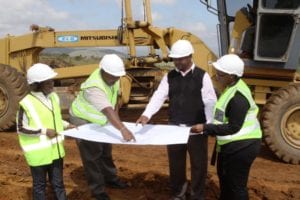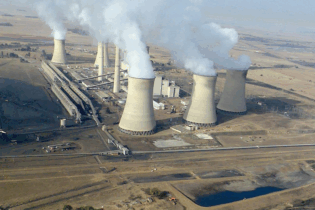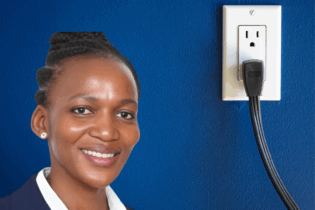 Government has reported that it is making steady progress in the implementation of the Nine Point Plan to reignite growth and create jobs.
Government has reported that it is making steady progress in the implementation of the Nine Point Plan to reignite growth and create jobs.
Energy
The drafting of the Integrated Energy Plan, which represents the overarching energy policy that has been under development since 2012, when Cabinet approved the commencement of the public consultation process, is continuing. Once completed, it will provide answers to various questions our country has been grappling with regarding our country’s energy future. As part of this year’s Youth Month commemoration, the Department of Energy (DoE) is marking the great strides made by the Renewable Energy Independent Power Producers Programme towards the development and empowerment of the youth. 52% of total job opportunities in this programme have gone to the youth so far. The energy contribution of independent power producers is expected to grow to approximately 7 000 MW in 2016, while private investment in the programme currently exceeds R194 billion. The DoE will announce the preferred bidders from the first bid submission for domestic coal projects in July 2016. The bids will have a combined capacity of 900 MW at an investment of R45 billion, rolled over the next 4 years. The Biofuels Regulatory Framework will be submitted to Cabinet during this financial year. It will outline how the nascent biofuels industry will be financially selected and supported. The blending of biofuels reduces the impact of fuel emissions on our people. The nuclear energy expansion programme remains part of the future energy mix. The procurement plan for 9 600 MW nuclear build programme will be implemented at a pace informed by what the country can afford. The DoE has worked on facilitating the gas-to-power programme. The exploitation of our country’s indigenous gas (coal bed methane and shale gas) as well as the regional natural gas resources must be seen in the broader context of regional integration.Solar Water Heating has taken off, with contracts placed for the supply of the first 9000 baseline systems. The next step is to commence with the training of local communities in the installation of the systems, with a specific target being the youth, women and other designated groups.
The electrification programme has made remarkable progress in increasing access to electricity in South Africa by connecting over 6.7 million households between 1994 and March 2016. As of February 2016, access to electricity stands at 88% since 1994.





